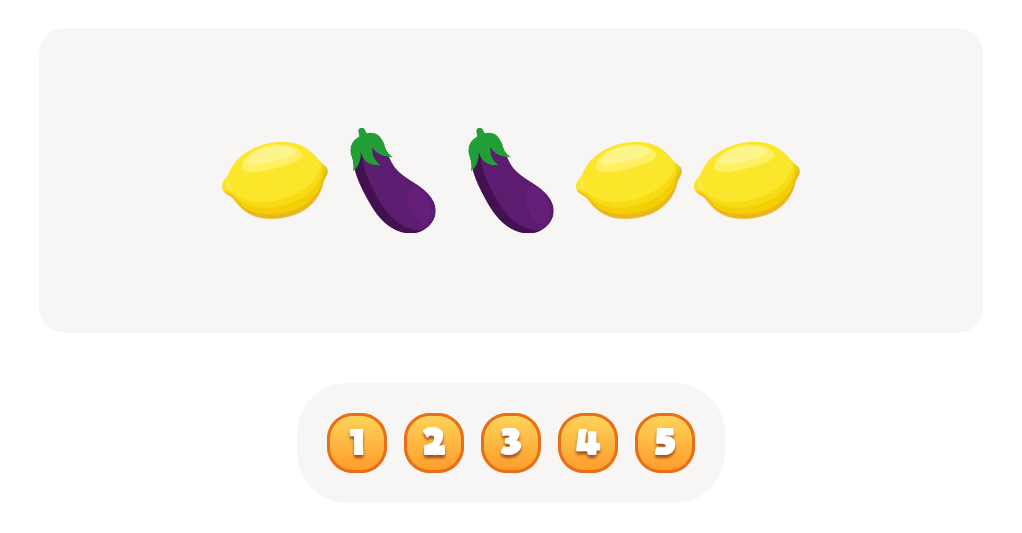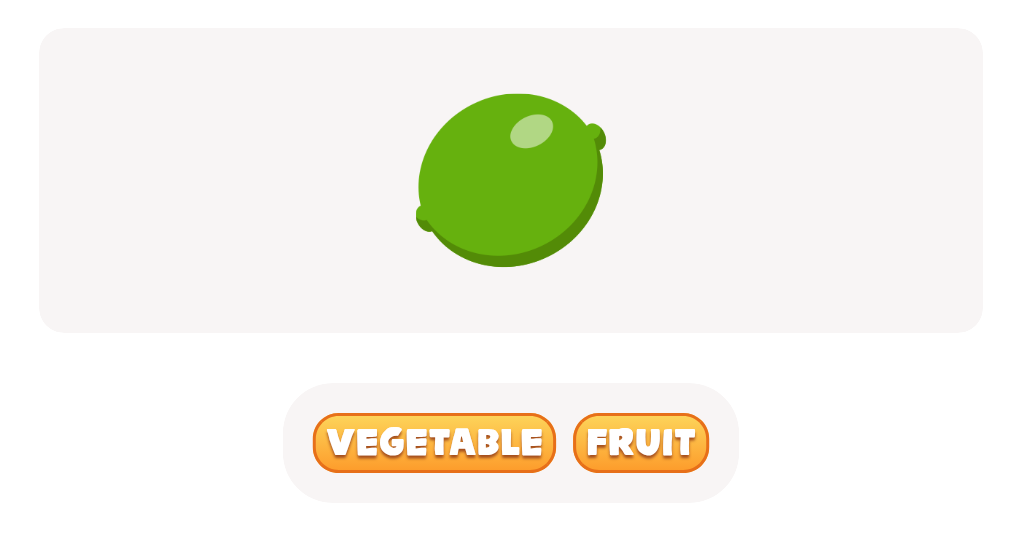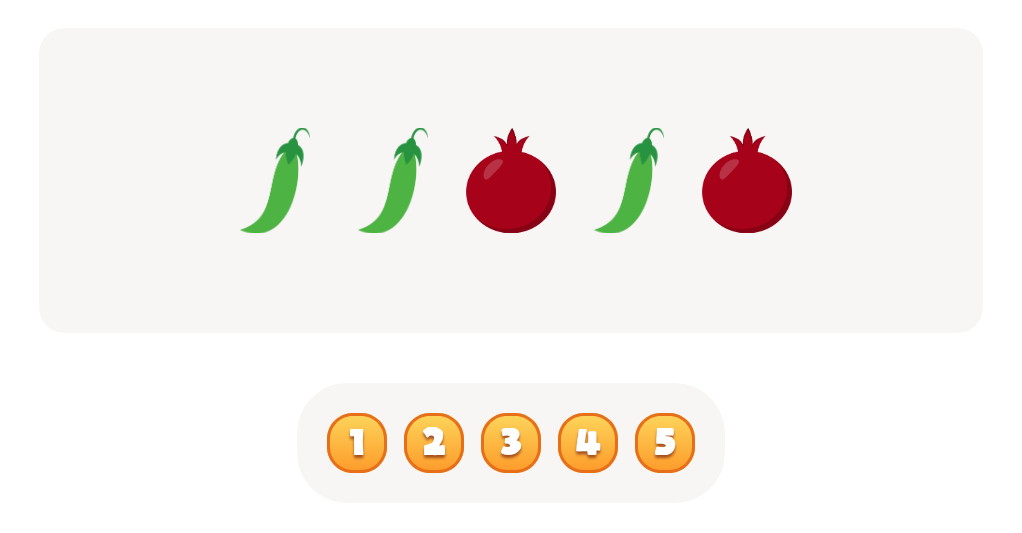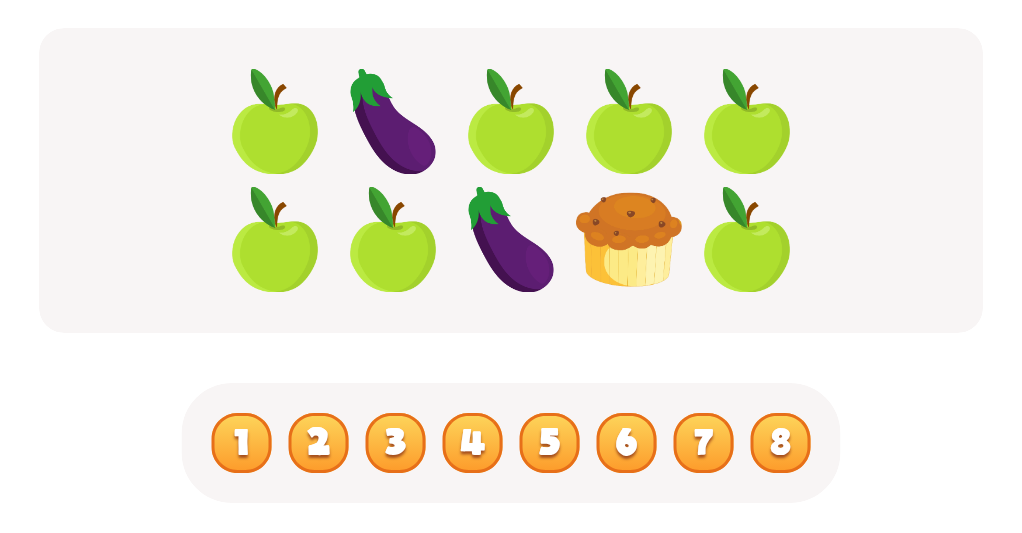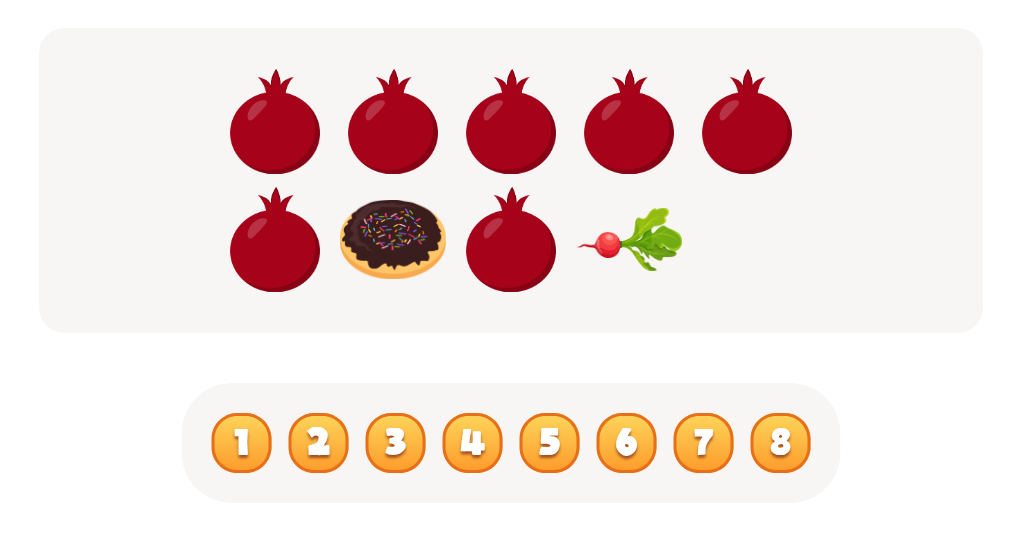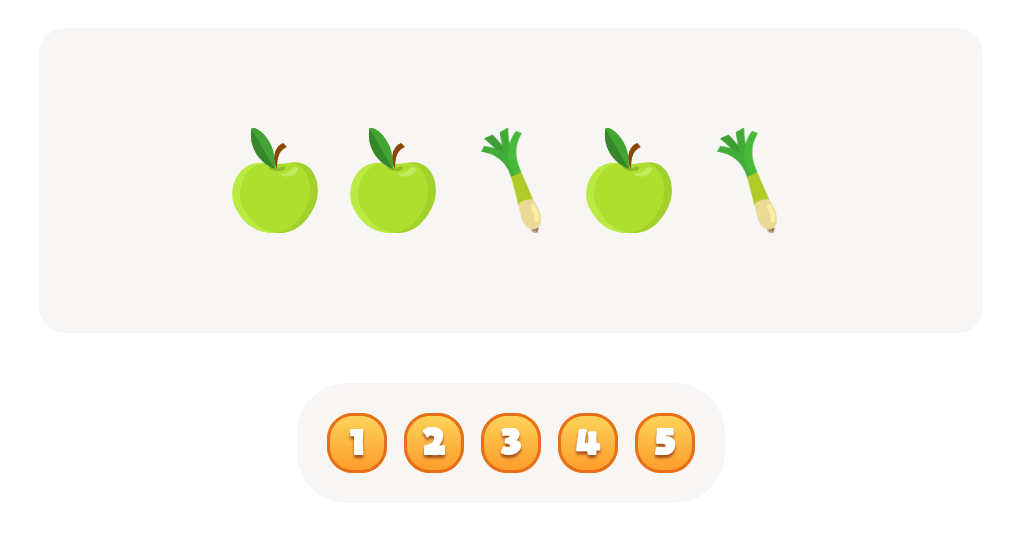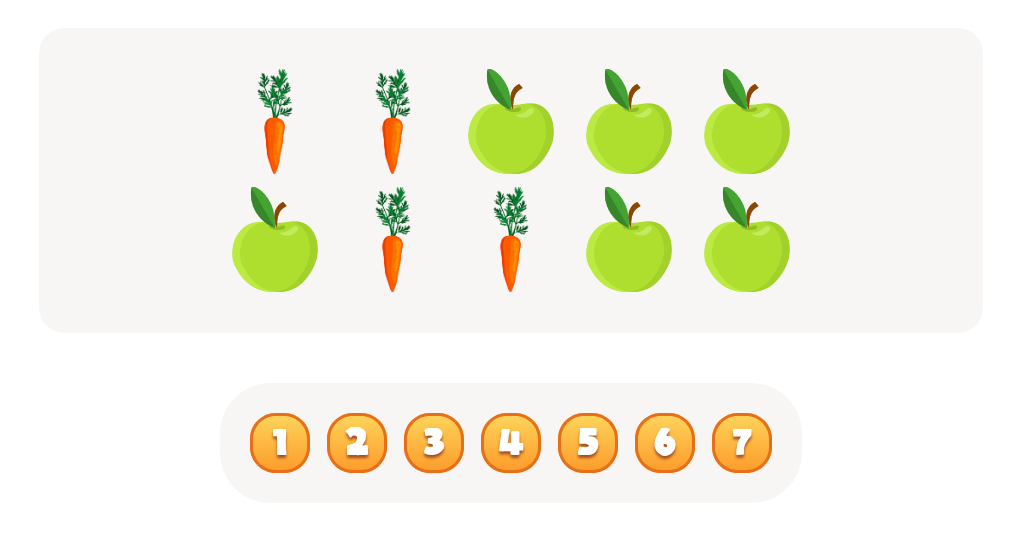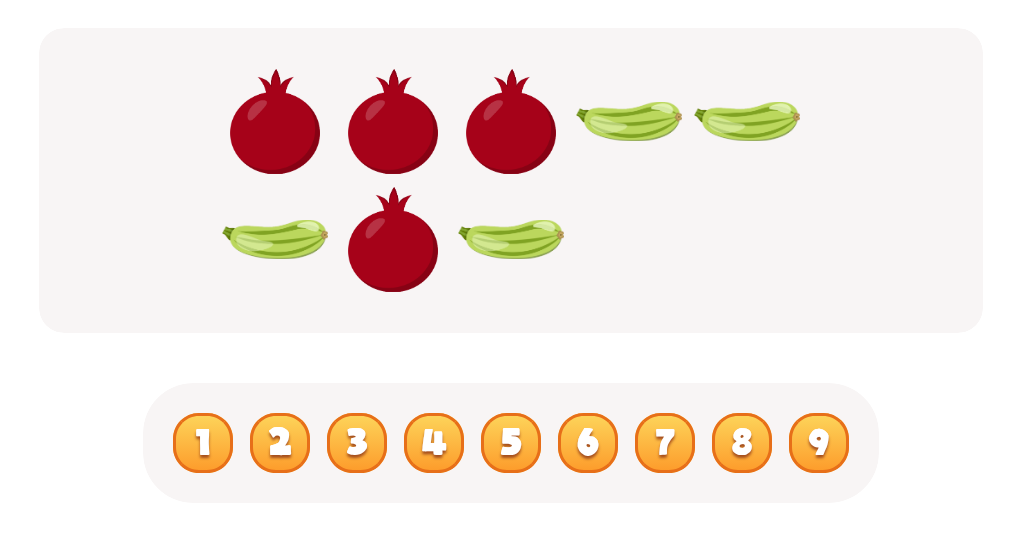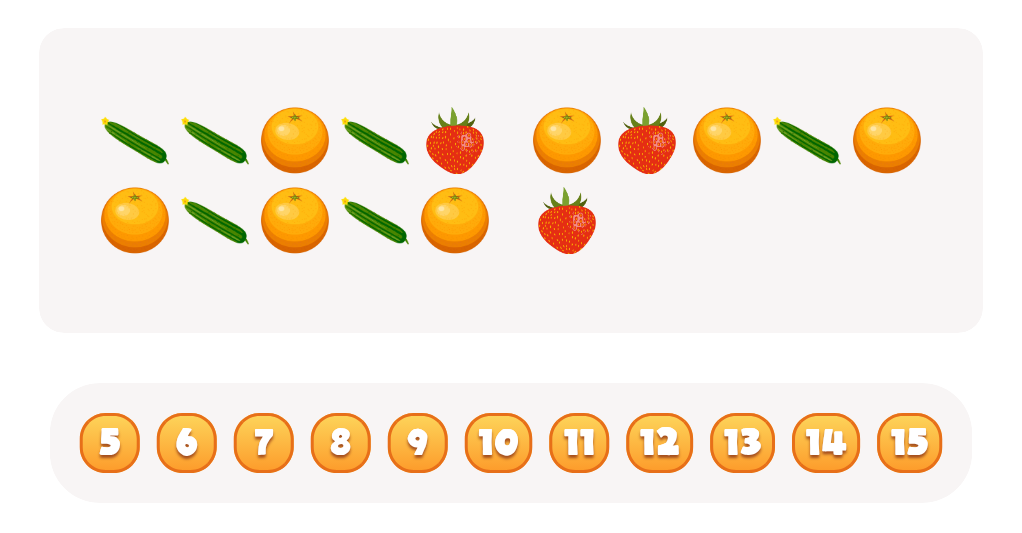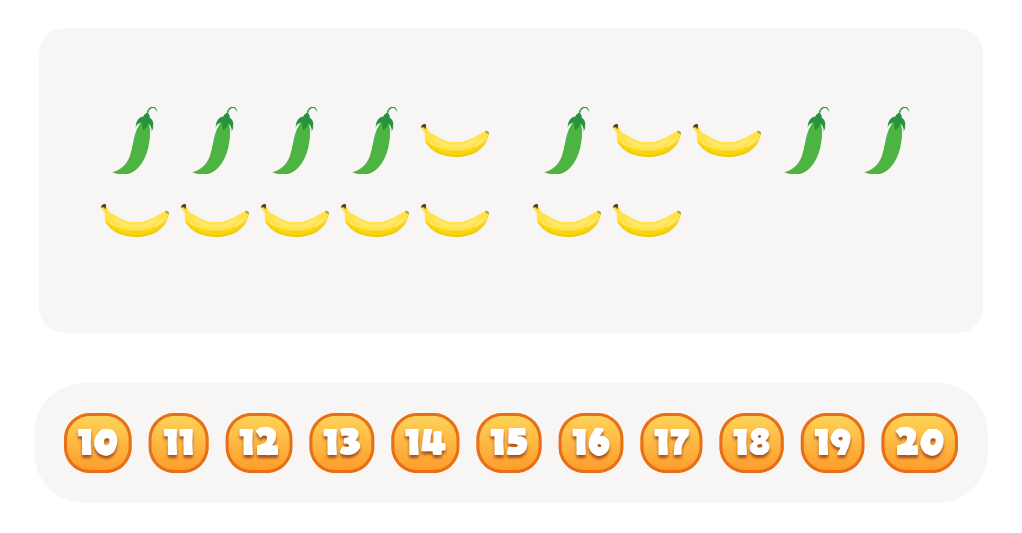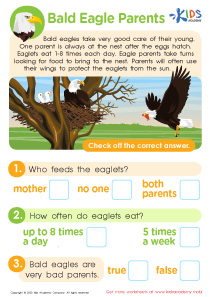Explore the Fascinating World of Plants: Printable Science Worksheets for Ages 8-9 | Kids Academy
9 filtered results
-
From - To
Dive into the fascinating world of flora with our meticulously crafted Plants worksheets, perfectly tailored for Ages 8-9. This vibrant collection is designed to inspire young minds to explore the verdant world around them, from the tiniest of seeds to the tallest trees. Each worksheet is brimming with engaging activities, critical-thinking exercises, and captivating illustrations, all carefully aligned with educational standards for this age group. Whether it’s understanding photosynthesis, recognizing various plant parts, or diving into the lifecycle of plants, our Plants for Ages 8-9 series promises a fun and enriching learning journey. Ignite a lifelong passion for botany in your young learner today!
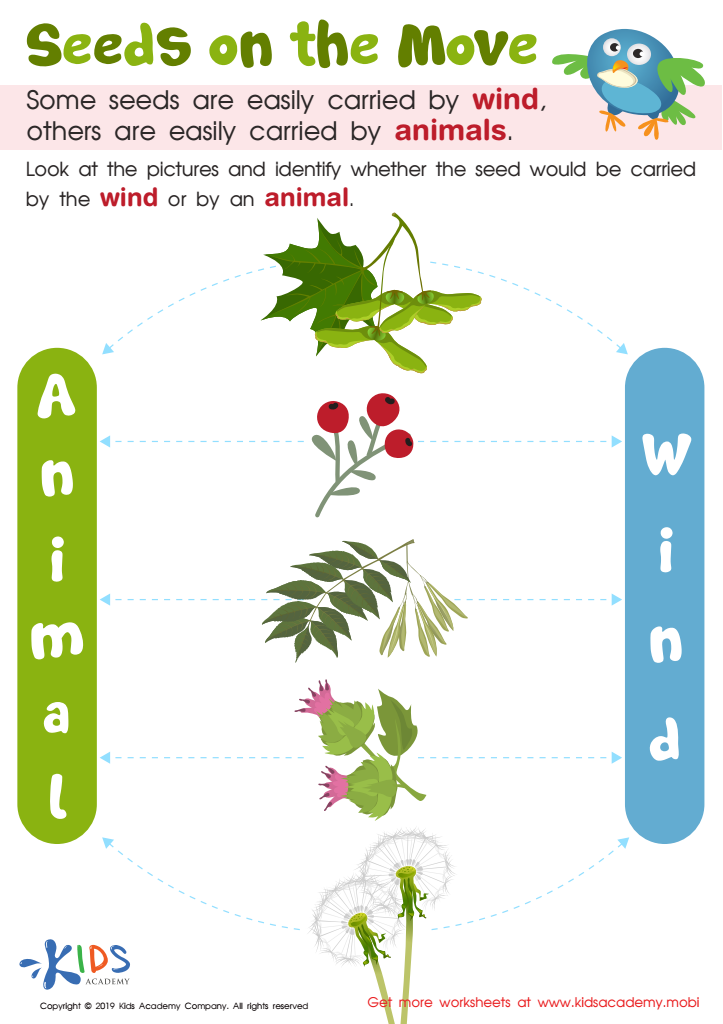

Seeds on the Move Worksheet
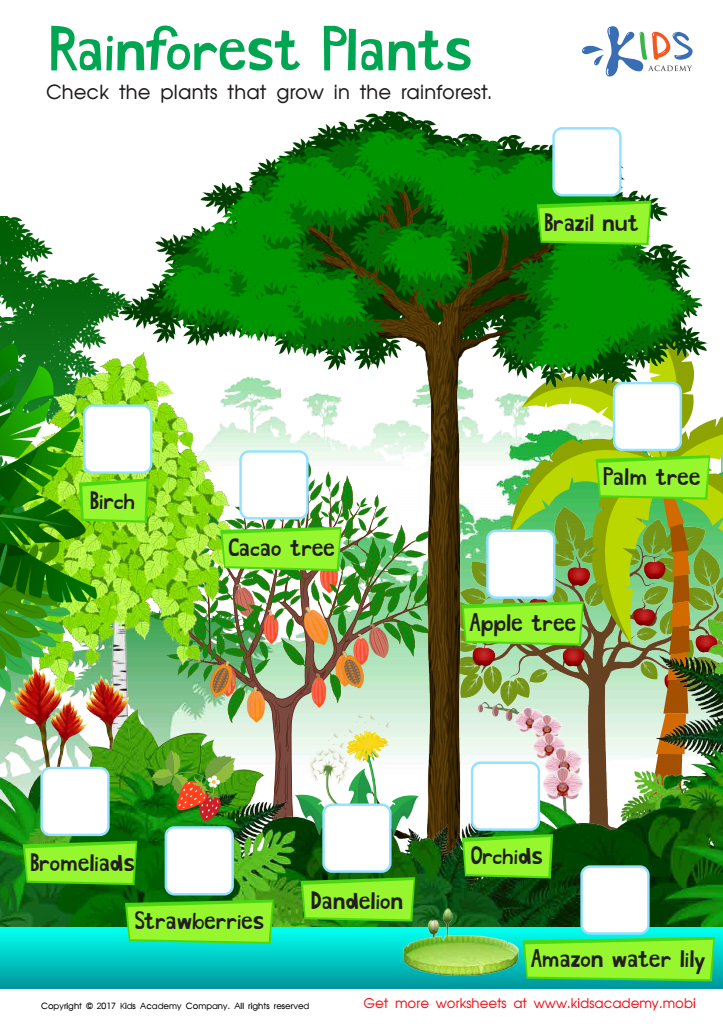

Rainforest Plants Worksheet
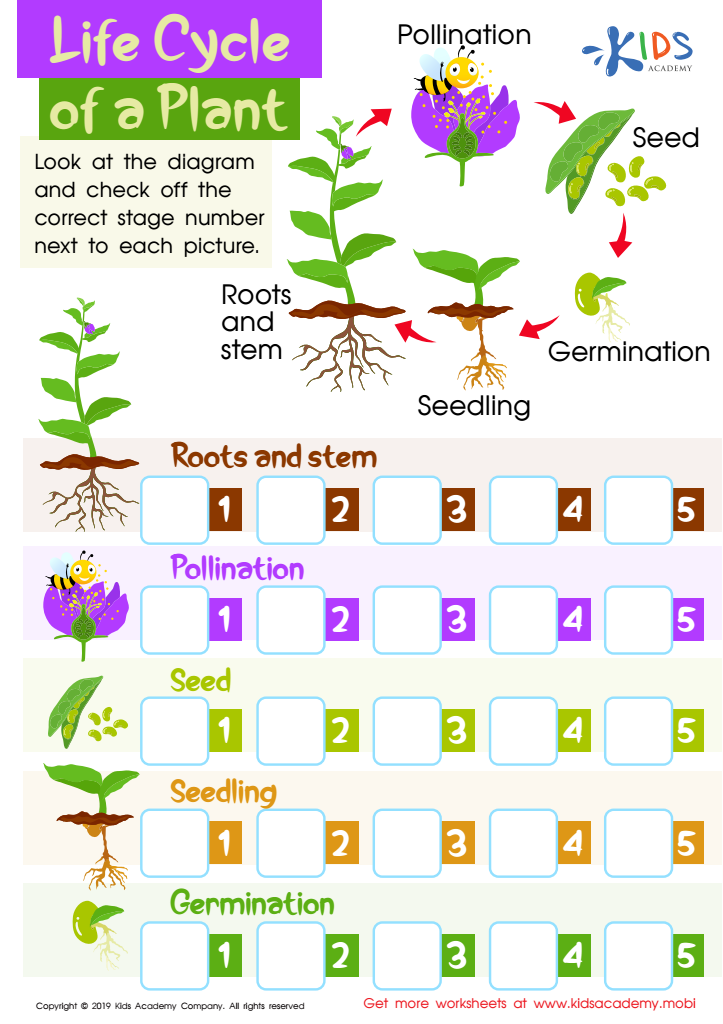

Life Cycle of a Plant Worksheet
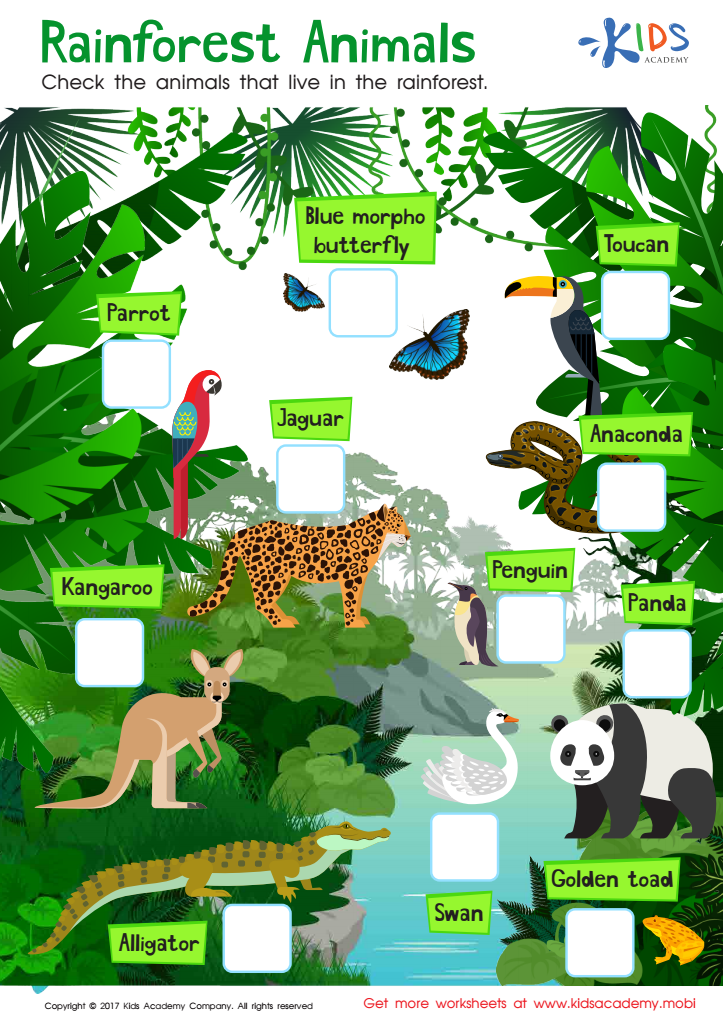

Rainforest Animals Worksheet
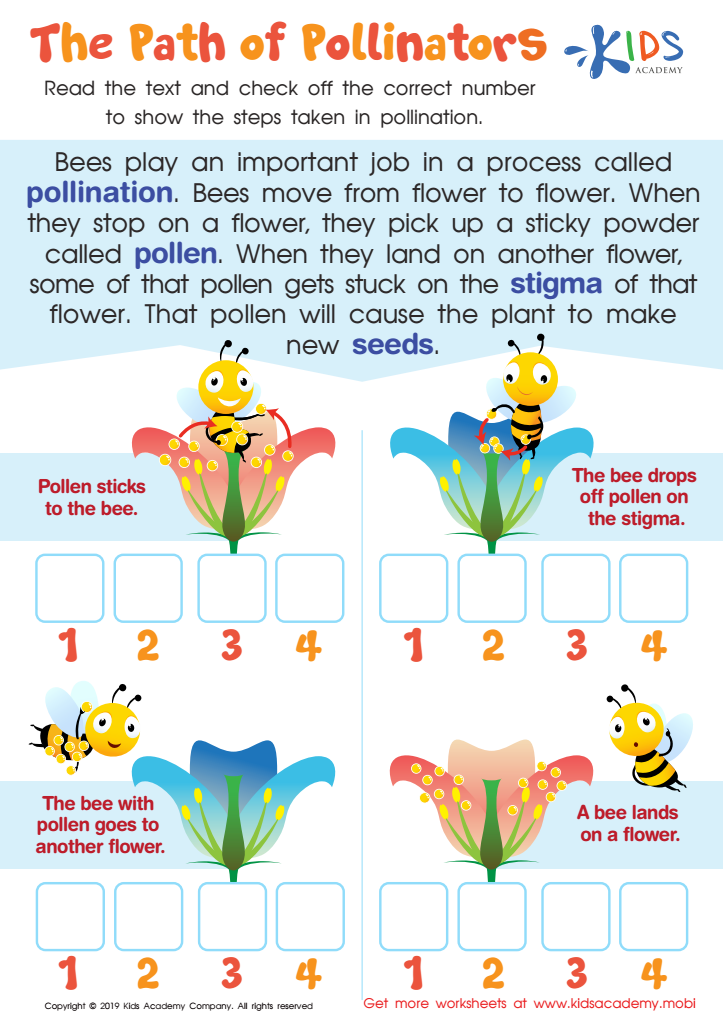

The Path of Pollinators Worksheet


Ecosystems: Assessment 1 Worksheet
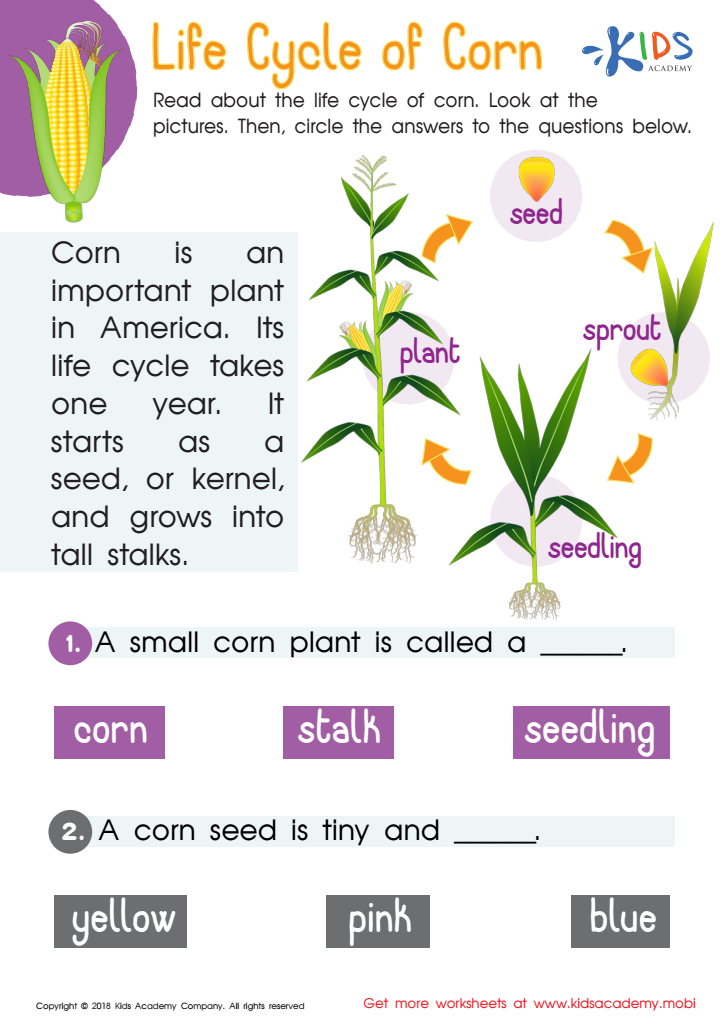

Life Cycle of Corn Worksheet
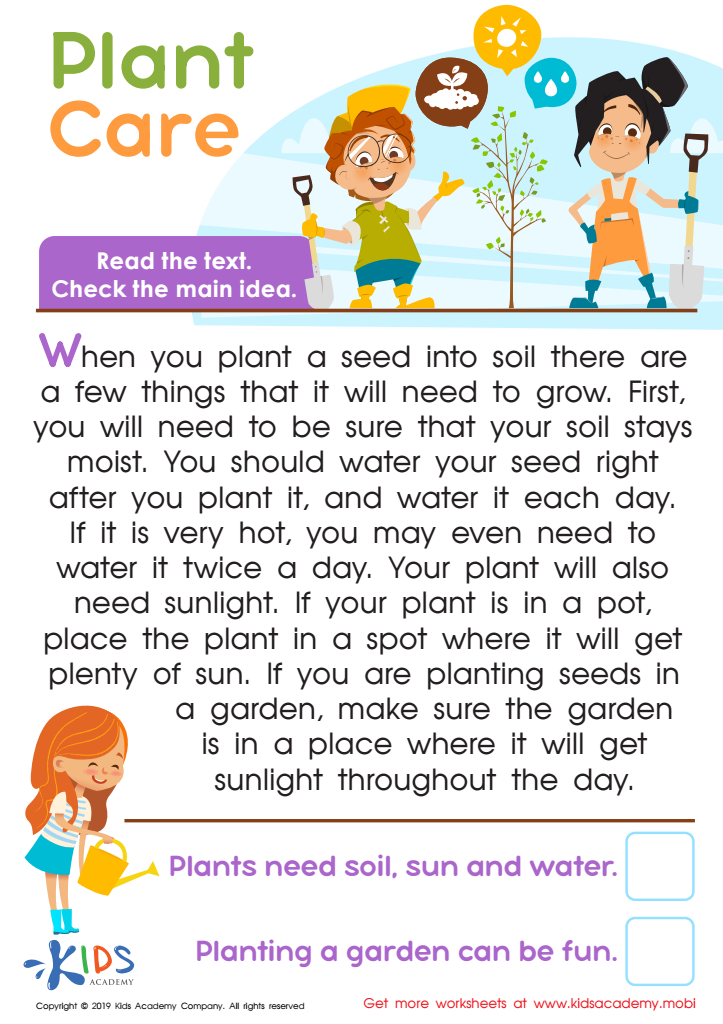

Plant Care Worksheet
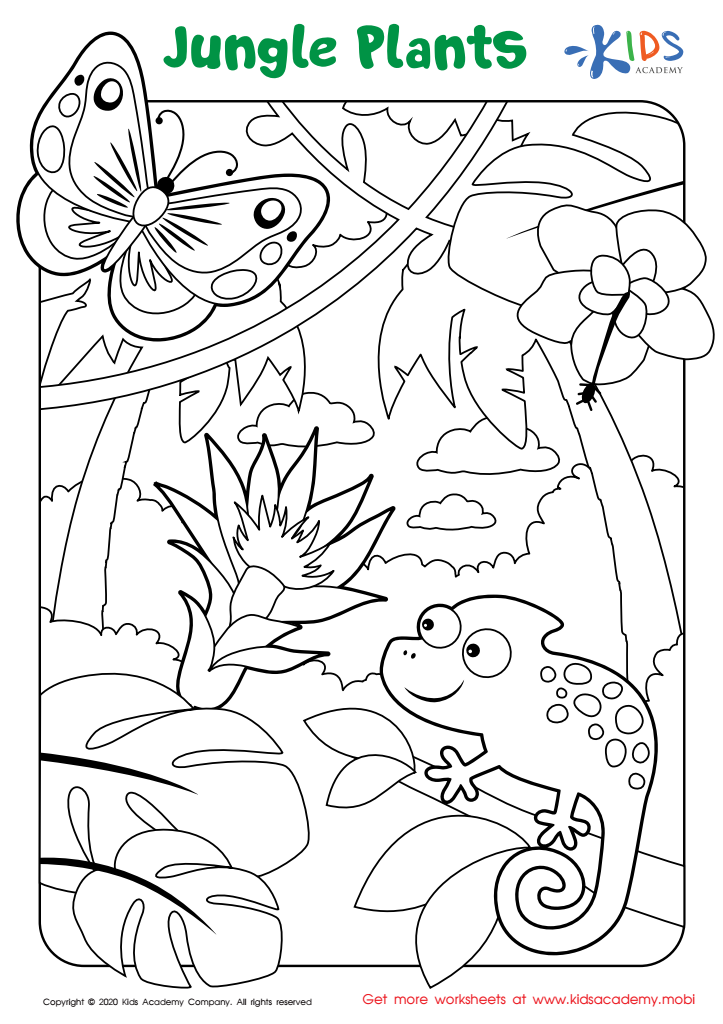

Jungle Plants Worksheet
Worksheets on Plants for Ages 8-9 offer a dynamic and engaging way to introduce young learners to the fascinating world of botany. At this pivotal age, children are naturally curious and eager to discover new things. By integrating worksheets specifically designed with their developmental stage in mind, we cater to their growing need for both knowledge and stimulation.
These worksheets serve several crucial purposes. Firstly, they provide a structured approach to learning about plants, covering essential topics such as plant parts, their functions, the process of photosynthesis, and the importance of plants in ecosystems. This foundational knowledge is crucial for developing a comprehensive understanding of the natural world.
Secondly, Plants for Ages 8-9 worksheets are crafted to foster critical thinking and observational skills. Through activities like labeling, matching, and exploring plant life cycles, children learn to analyze information and make connections, enhancing their cognitive development.
Moreover, these worksheets offer a hands-on learning experience, encouraging children to explore their environment. Such interactions promote a sense of responsibility towards nature and emphasize the importance of conserving plant biodiversity.
In summary, Worksheets on Plants for Ages 8-9 are an invaluable resource. They not only boost scientific knowledge and cognitive abilities but also cultivate an appreciation for the natural world, laying the groundwork for responsible environmental stewardship.

 Assign to My Students
Assign to My Students
